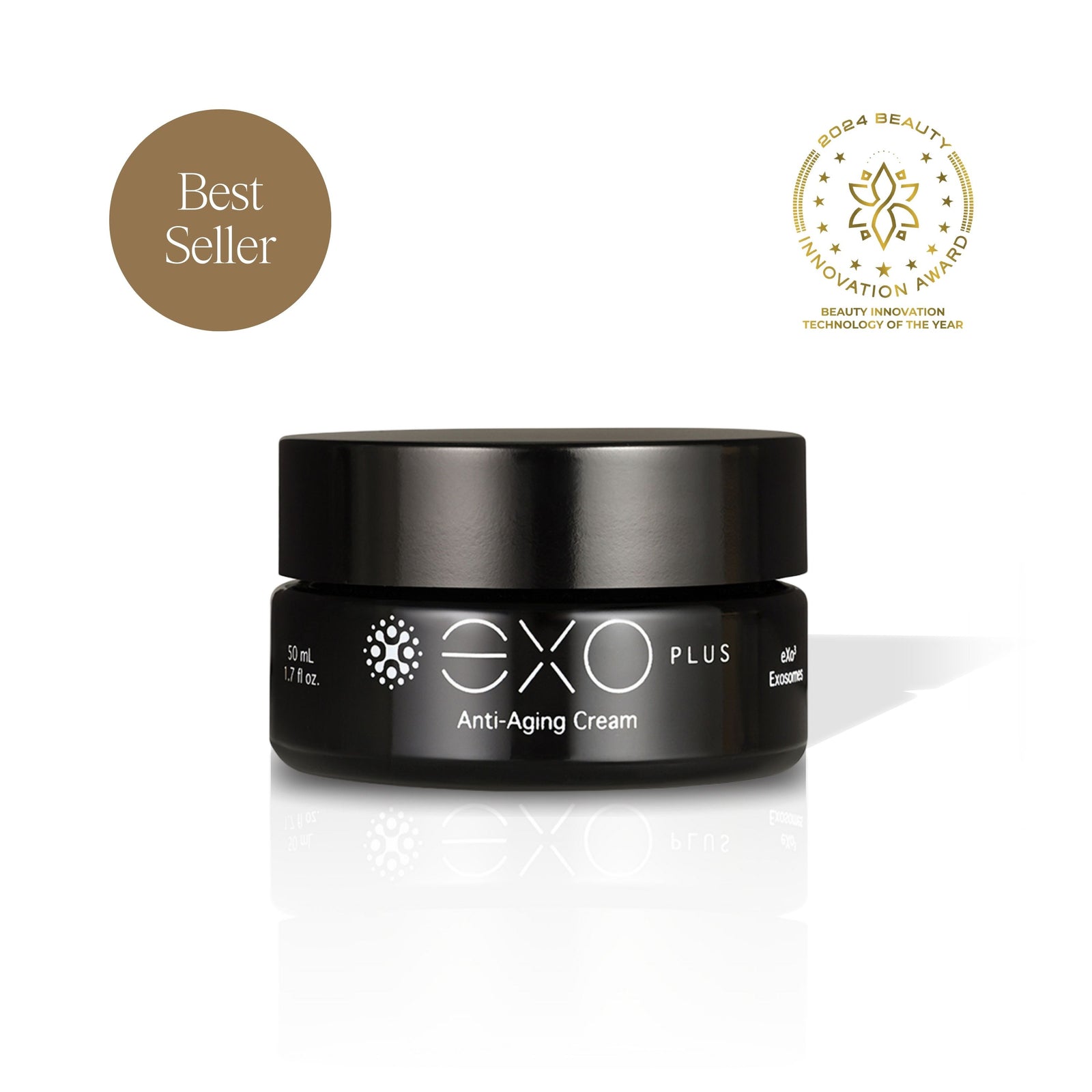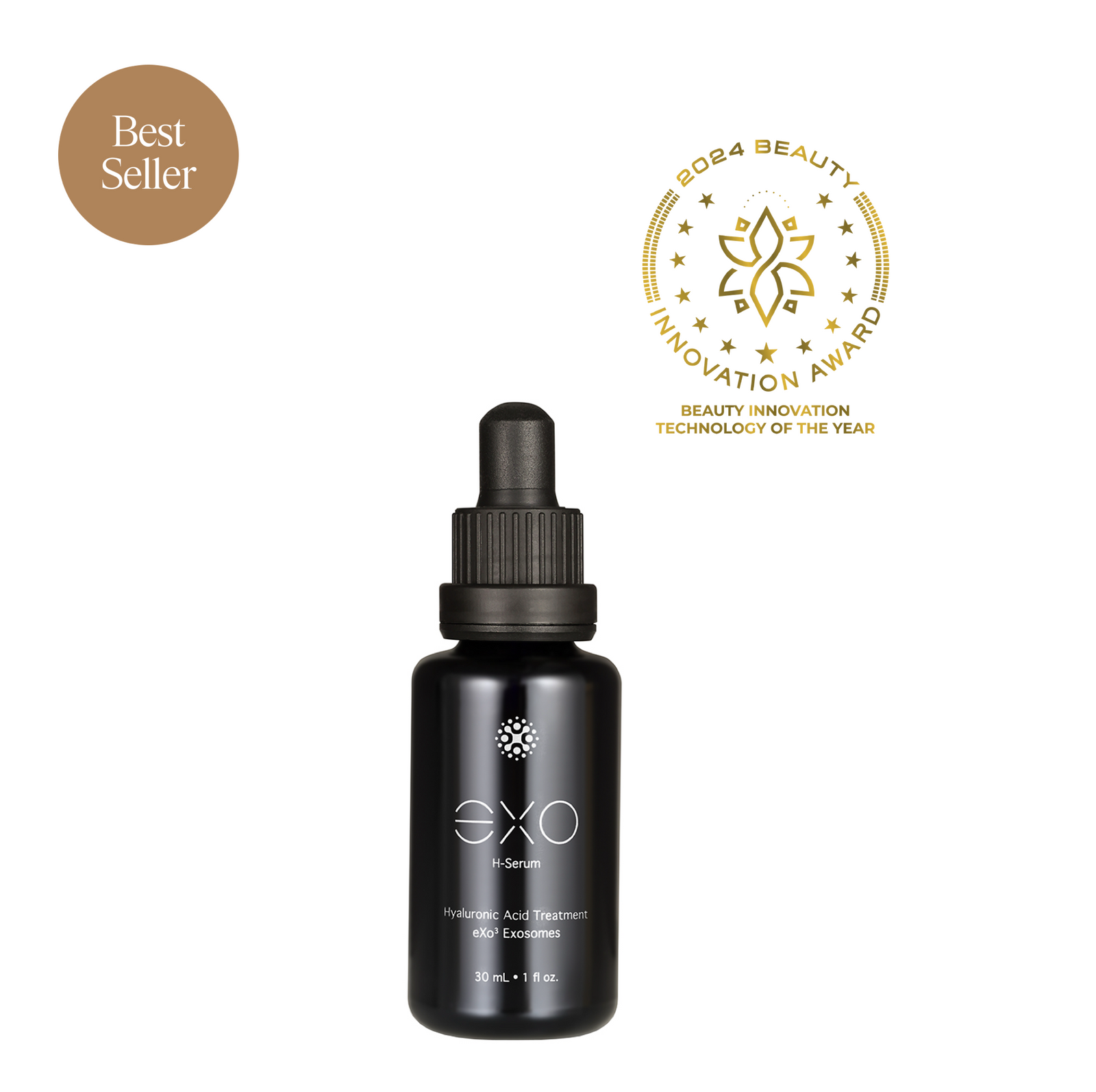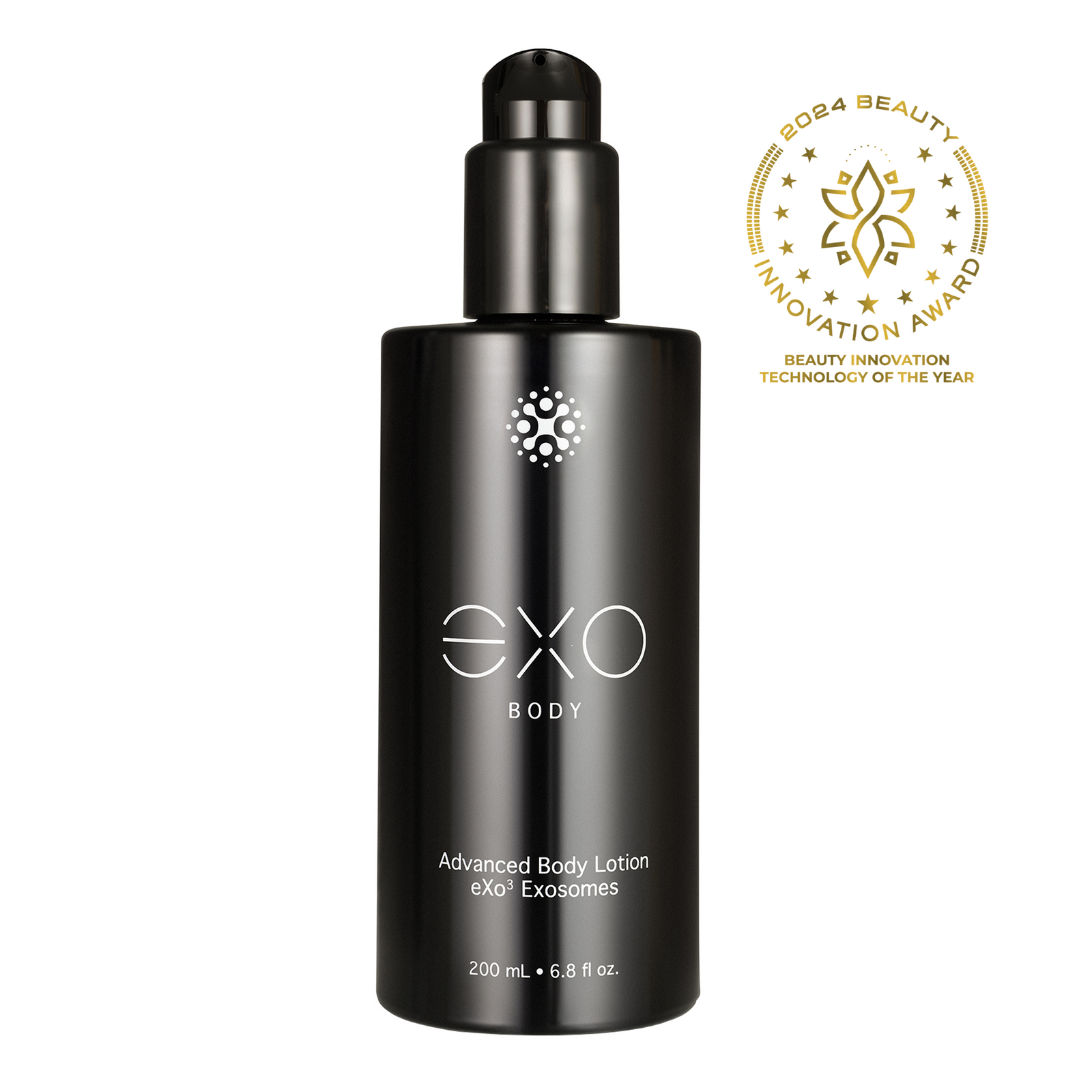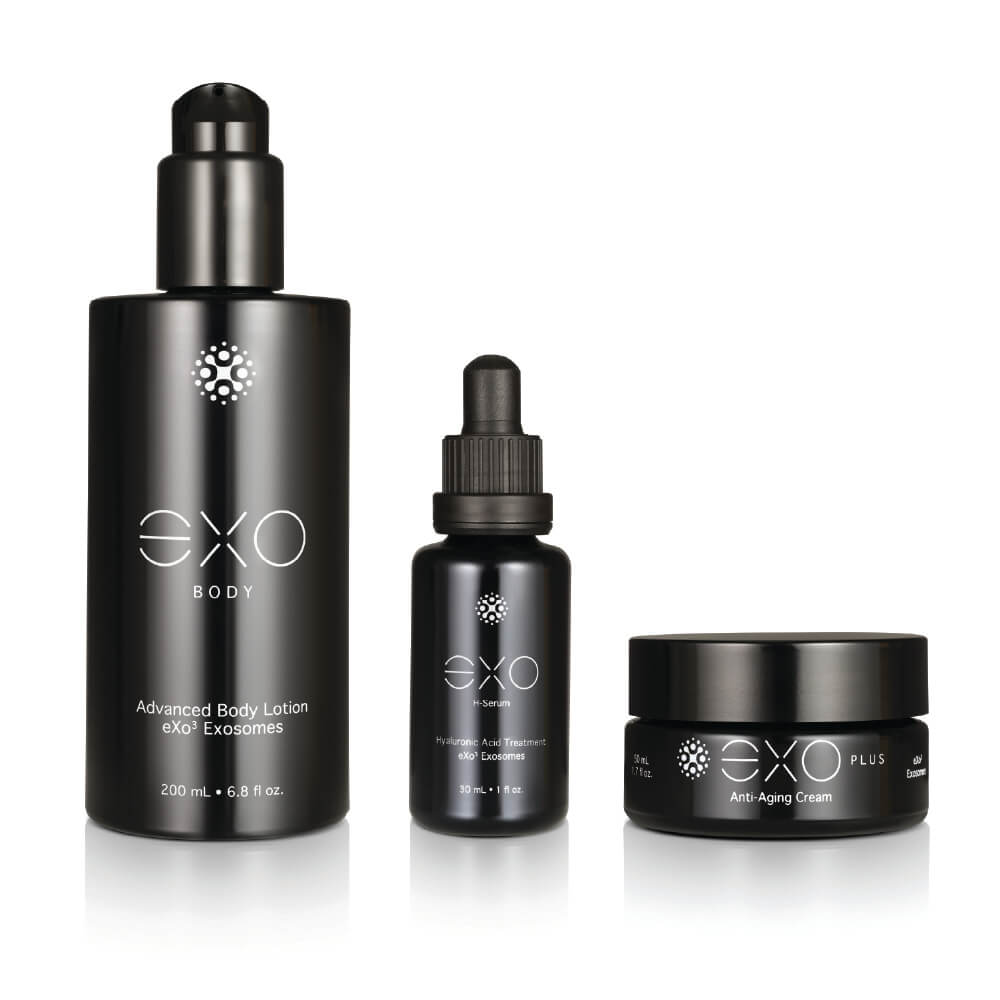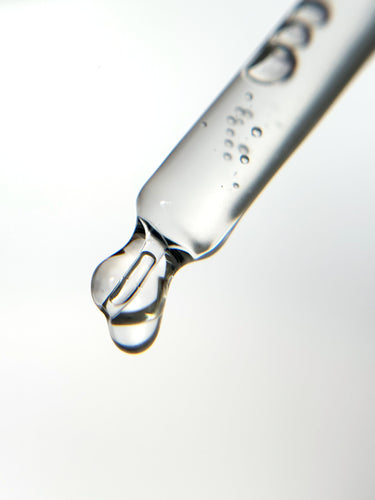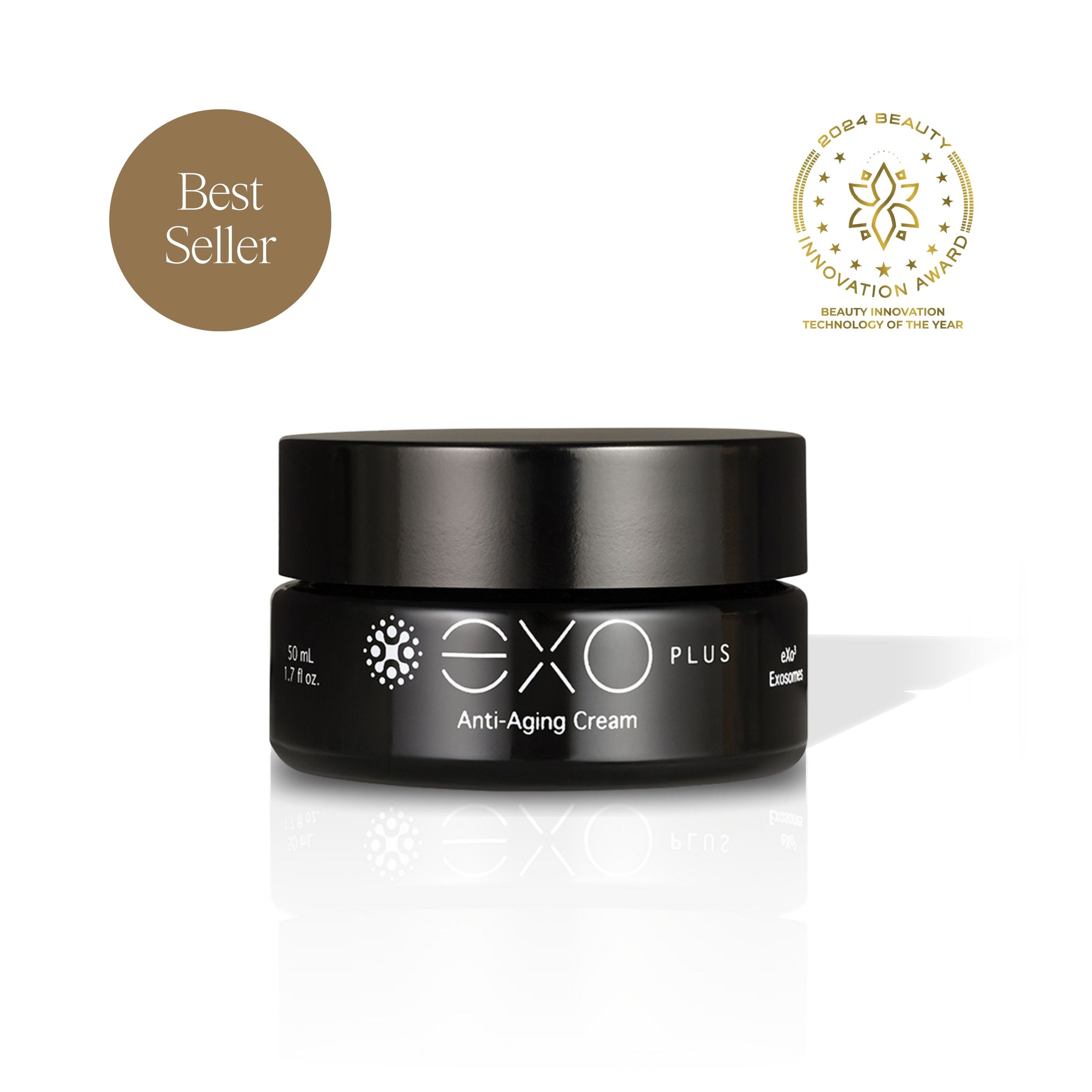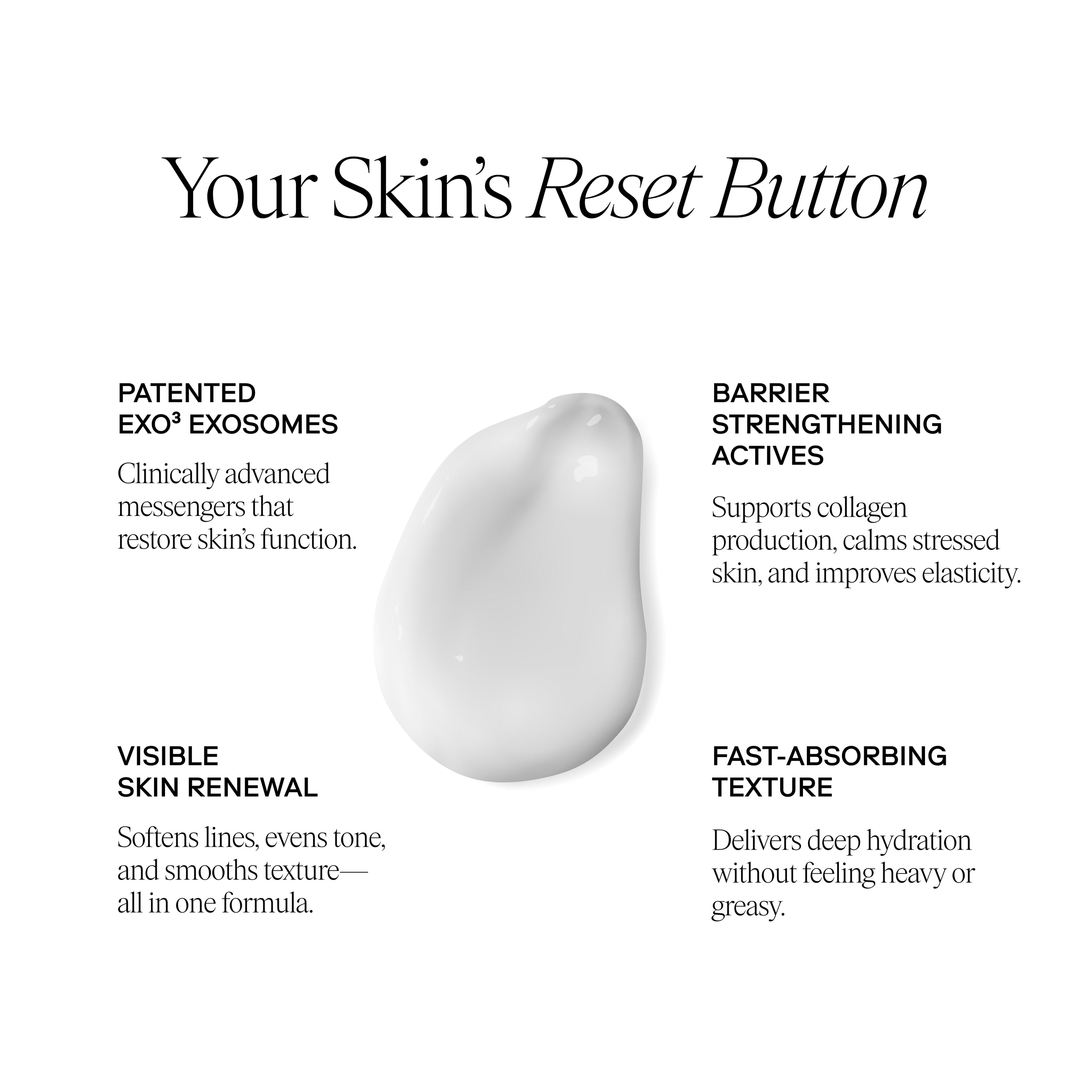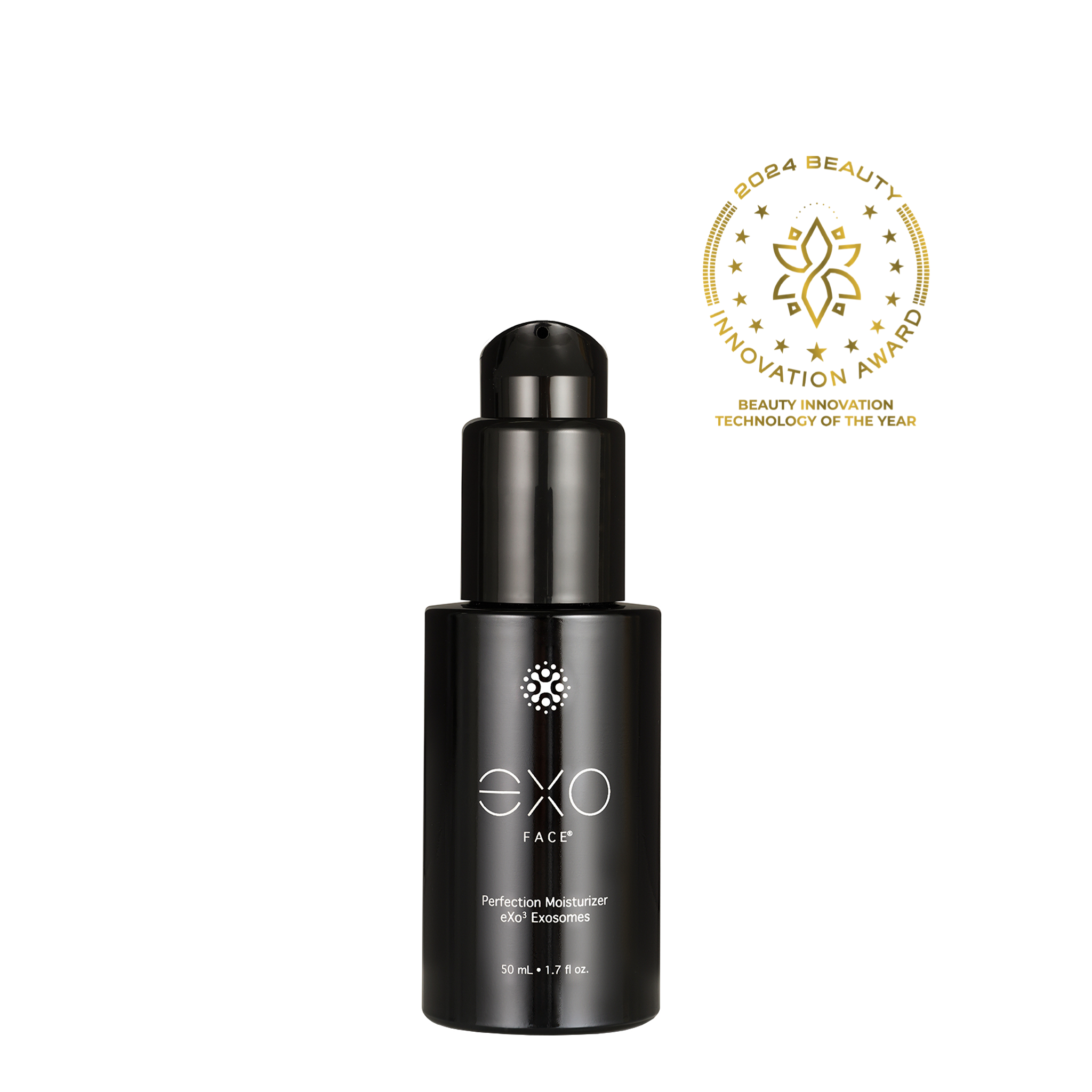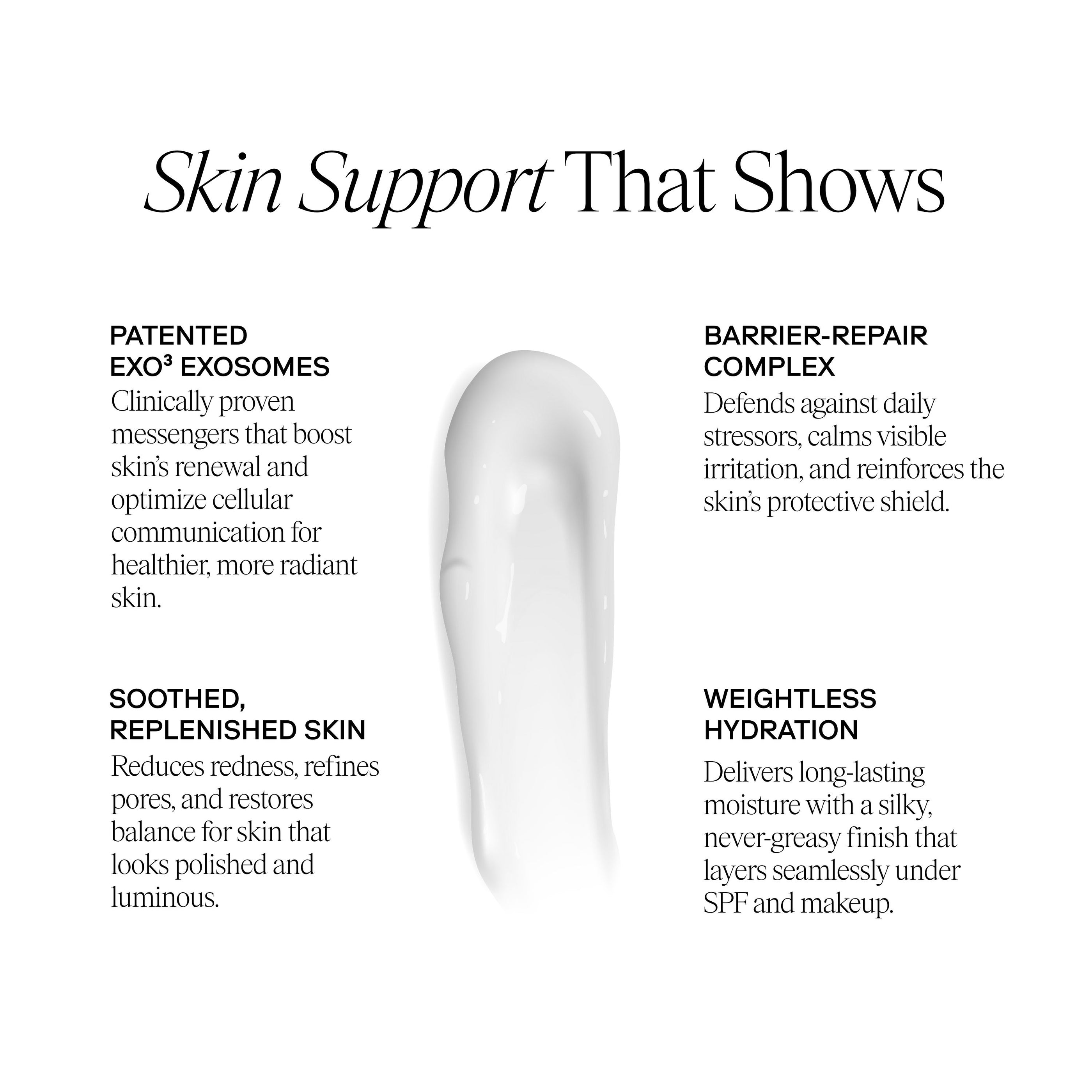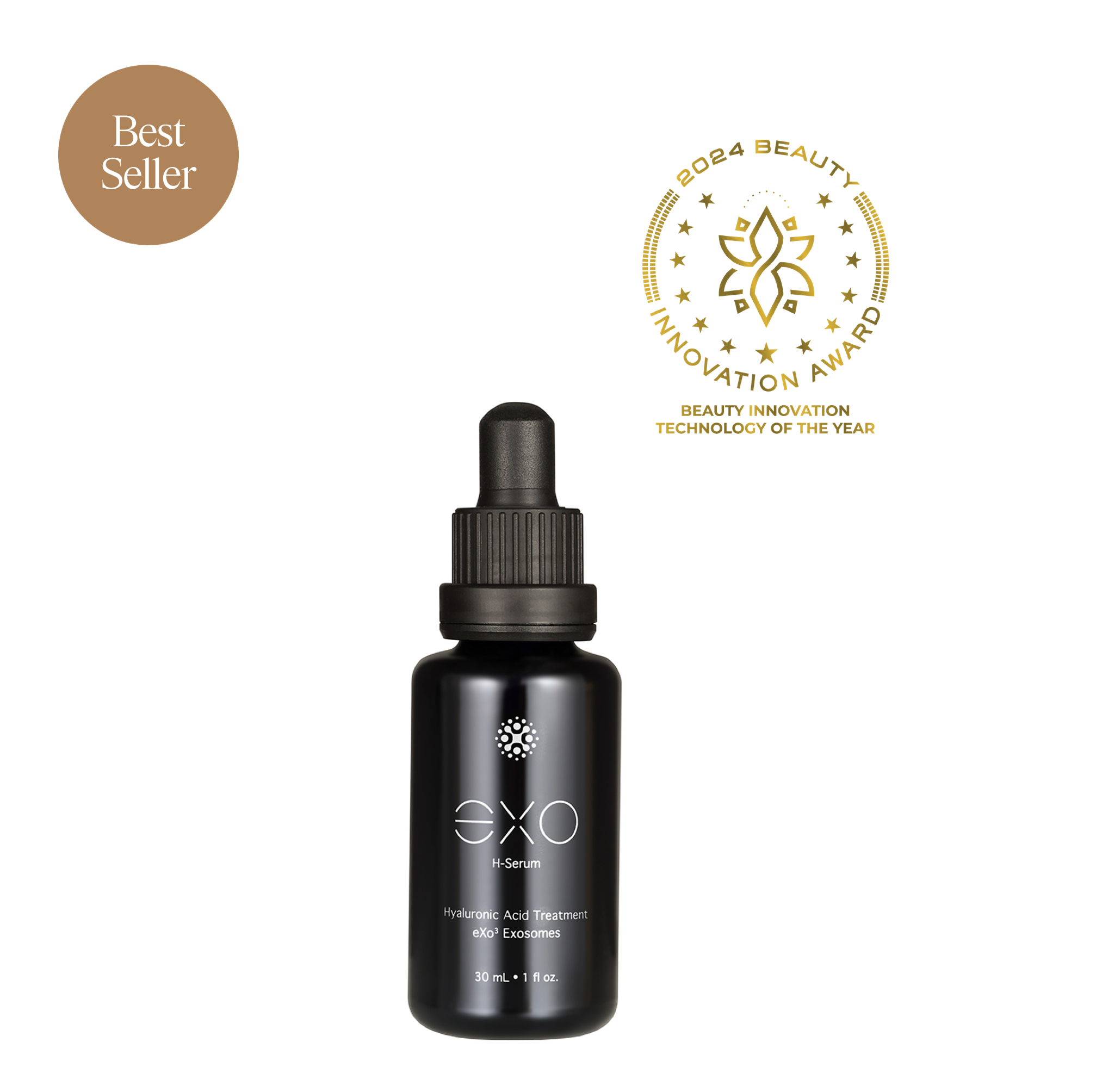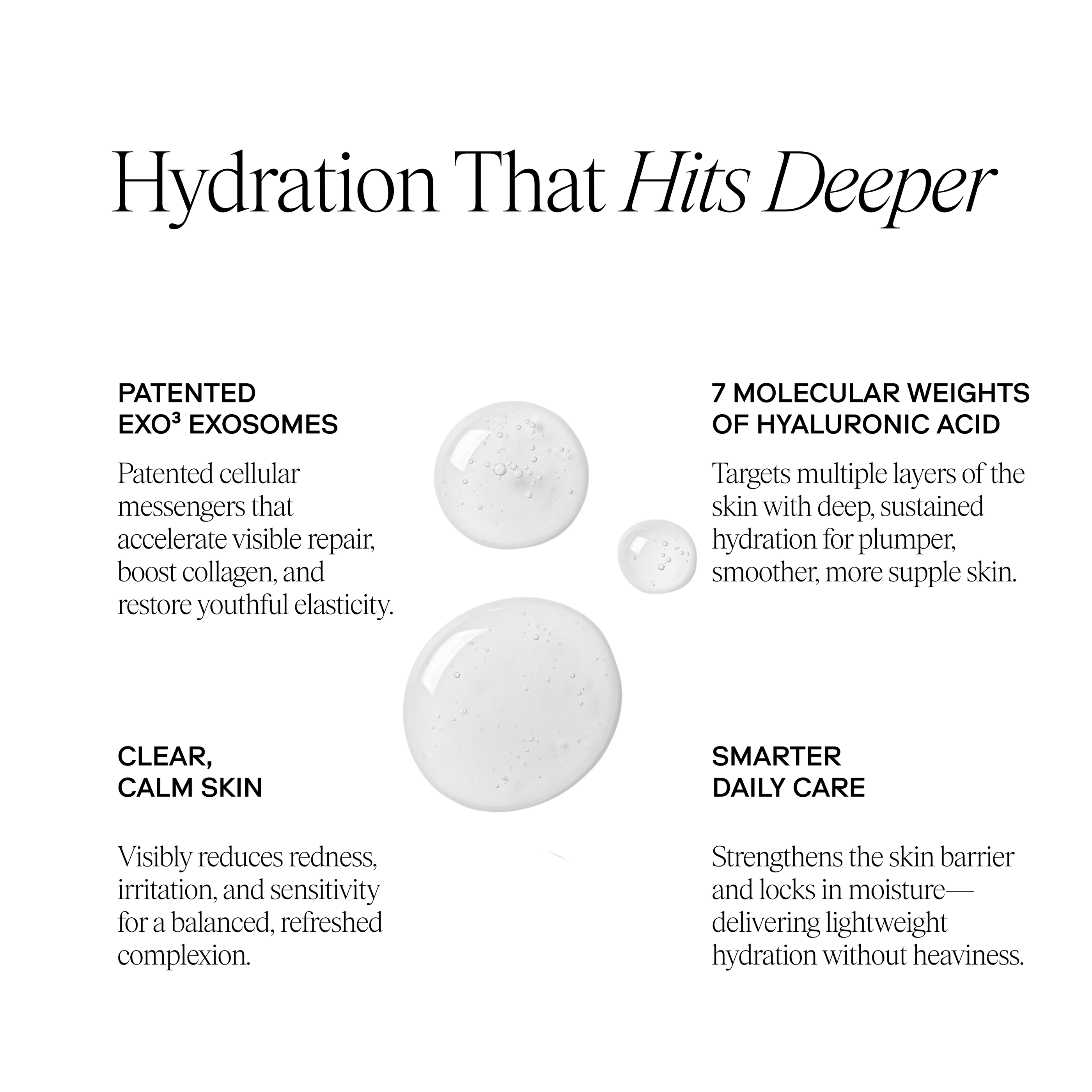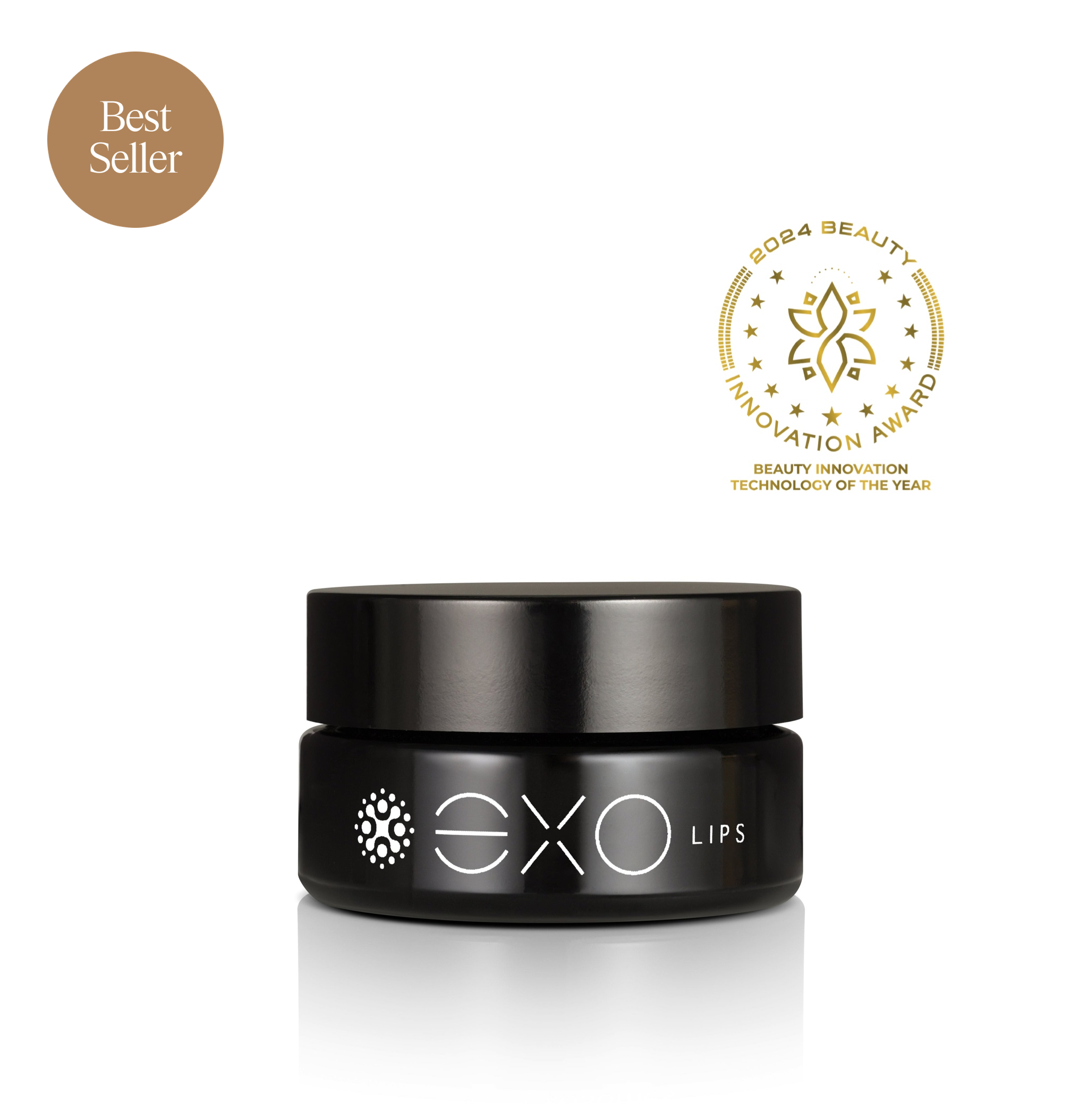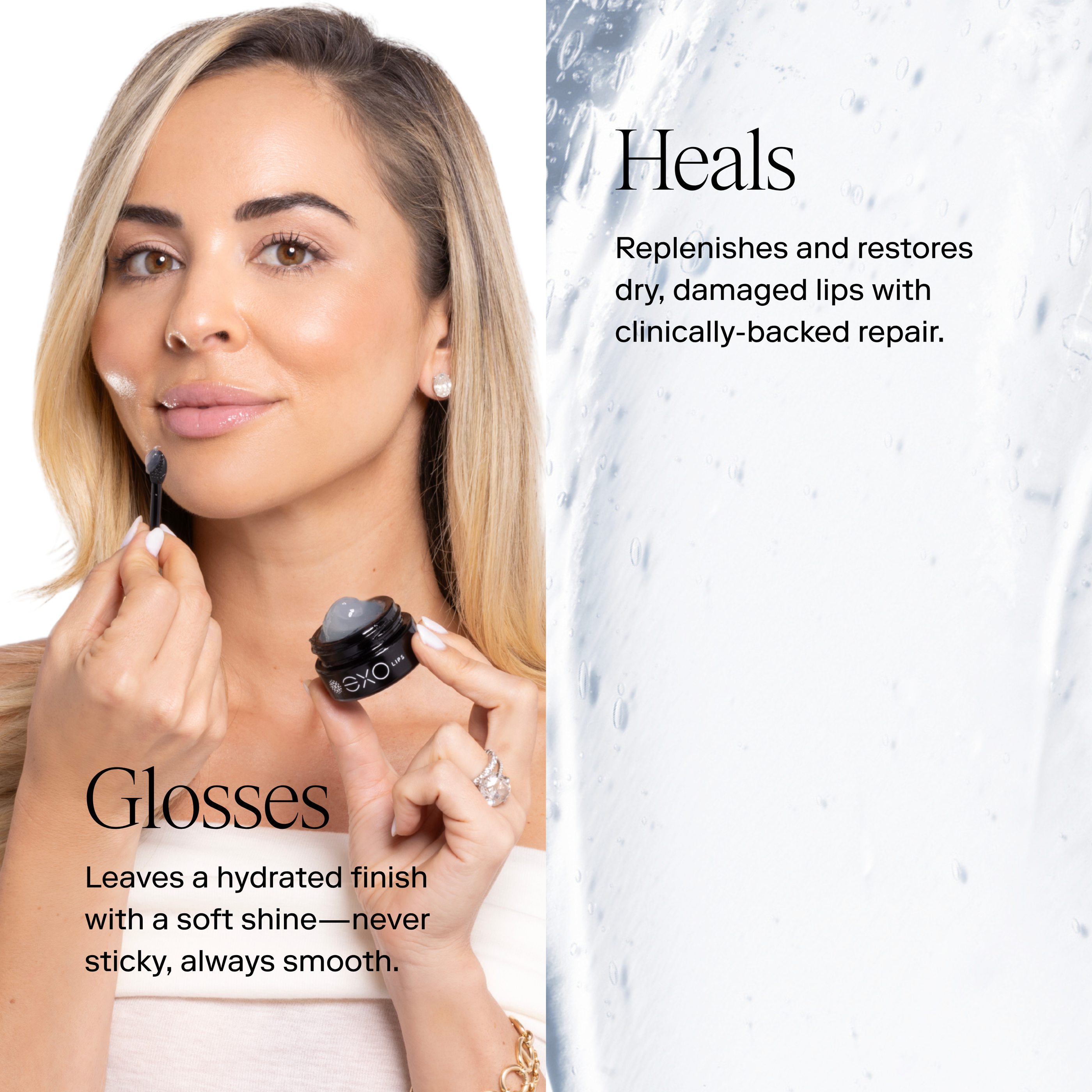Understanding skincare ingredients is crucial for making informed decisions about the products we apply to our skin. This comprehensive guide will help you navigate through the complex world of skincare formulations,identifying beneficial ingredients whilesteering clear of potentially harmful ones.
Beneficial Ingredients to Look For
1. Exosomes: The Future of Skincare
At the forefront of skincare innovation, exosomesrepresent a groundbreaking advancement in cellular communication and skin regeneration. These naturally occurringvesiclescontain growth factors, proteins, and genetic material thatfacilitate cell-to-cell communication and promote homeostasis andtissue repair. Exosomes have been shown toenhanceskin renewal, reduce inflammation, and improve overall skin healthmaking them one of the most powerfuland excitingingredients in modern skincare. When applied topically, exosomes have beenshown toto penetratethe skin and deliver targeted benefits to improve the skin appearance,elasticity and hydration.
This moisture-binding ingredient can hold up to 1,000 times its weight in water, making it essential formaintaining skin hydration. It helps plump the skin, reduce the appearance of fine lines, and create a more youthful complexion. Different molecular weights of hyaluronic acid can target various skin layers for comprehensive hydration. Low molecular weight HA penetrates deeper into the skin, while high molecular weight HA provides surface hydration. Forbest results, look for products thatcontain multiple weights of hyaluronic acid and use them on slightly damp skin to maximize absorption.
A powerful antioxidant, Vitamin C helps protect against environmental damage while brightening skin tone and promoting collagen production.It's particularly effective when used in concentrations between 10-20% and when formulated at the proper pH level foroptimal stability and absorption. Look for products in opaque, airless packaging to ensure stability, and consider derivatives likeascorbyl tetraisopalmitate or magnesiumascorbyl phosphate if your skin is sensitive. For enhanced results, pair Vitamin C with vitamin E and ferulic acid, which can boost its effectiveness and stability.
4. Retinoids
Whether in the form of over-the-counter retinol or prescription-strength tretinoin, retinoids are proven to increase cell turnover, boost collagen production, and improve skin texture.They're particularly effective for addressing signs of aging and acne concerns. Begin with a lower concentration (0.025-0.5%) and gradually increase strength to minimize irritation. Apply retinoids at night, as they can become unstable in sunlight, and always follow with sunscreen during the day. Consider buffering with moisturizer when first starting out to reduce potential irritation.
5. Peptides
These amino acid chains serve as building blocks for proteins like collagen and elastin. Different peptides can target specific skin concerns, from firming and smoothing to reducing inflammation and improving barrier function. Notable varieties include copper peptides for healing and collagen synthesis,matrixyl for wrinkle reduction, andargireline for expression line management. Peptides work well in combination with other active ingredients but should be separated from direct acids tomaintain efficacy.

Ingredients to Approach with Caution
1. Synthetic Fragrances
While pleasant scents can enhance the skincare experience, synthetic fragrances are among the leading causes of skin sensitization and allergic reactions.Opt for fragrance-free formulations or products that use natural essential oils, being mindful that even natural fragrances can cause sensitivity in some individuals. Look for "fragrance-free" rather than "unscented," as unscented products may stillcontain masking fragrances. If you have sensitive skin, consider checking ingredient lists for "parfum" or"fragrance" listed near the end,indicating lower concentrations.
2. Harsh Alcohols
Denatured alcohol, ethanol, and isopropyl alcohol can strip the skin's natural barrier and lead to increased sensitivity and dryness. However, not all alcohols are harmful - fatty alcohols likecetyl and stearyl alcohol can be beneficial for skin. Watch out for SD alcohol, alcoholdenat., or ethanol appearing in the first few ingredients of a product. These are more likely to be present in high concentrations and potentially damaging. Beneficial alcohols likecetearyl alcohol actually help to stabilize formulations and can provide moisturizing benefits.
3. Chemical Sunscreen Filters
Some chemical UV filters, such as oxybenzone andoctinoxate, have raised concerns about potential hormone disruption and environmental impact. Consider mineral sunscreens with zincoxide or titanium dioxide as safer alternatives. Recent research has also highlighted concerns about avobenzone andhomosalate. If using chemical filters, look for newer-generation filters likeTinosorb andUvinul, which have better safety profiles and provide superior UV protection. These are more commonly found in European and Asian sunscreens.
4. Parabens
While effective as preservatives, some studies suggest parabens may have estrogenic effects. Many brands now offer paraben-free alternatives using safer preservation systems. Common alternatives include phenoxyethanol, sodium benzoate, and potassium sorbate. However, be aware that some natural preservation systems may not be as effective, potentially leading to shorter shelf life. Check for signs of product degradation like changes in color, smell, or texture.
Making Informed Choices
When selecting skincare products, consider your specific skin concerns and sensitivities. Start with a patch test when trying newproducts, and introduce active ingredients gradually. Remember that what works for one person may not work for another, so pay attention to how your skin responds to different ingredients. Keep a skincare diary to track reactions andresults, and always introduce new products one at a time toidentify any potential irritants.
Conclusion
The world of skincare ingredients can be complex, but understanding key components helps make informed decisions. Focus on products with proven beneficial ingredients while being mindful of potentially problematic ones. For personalized advice, consult with a dermatologist or skincare professional who can recommend products suited to your specific needs.

